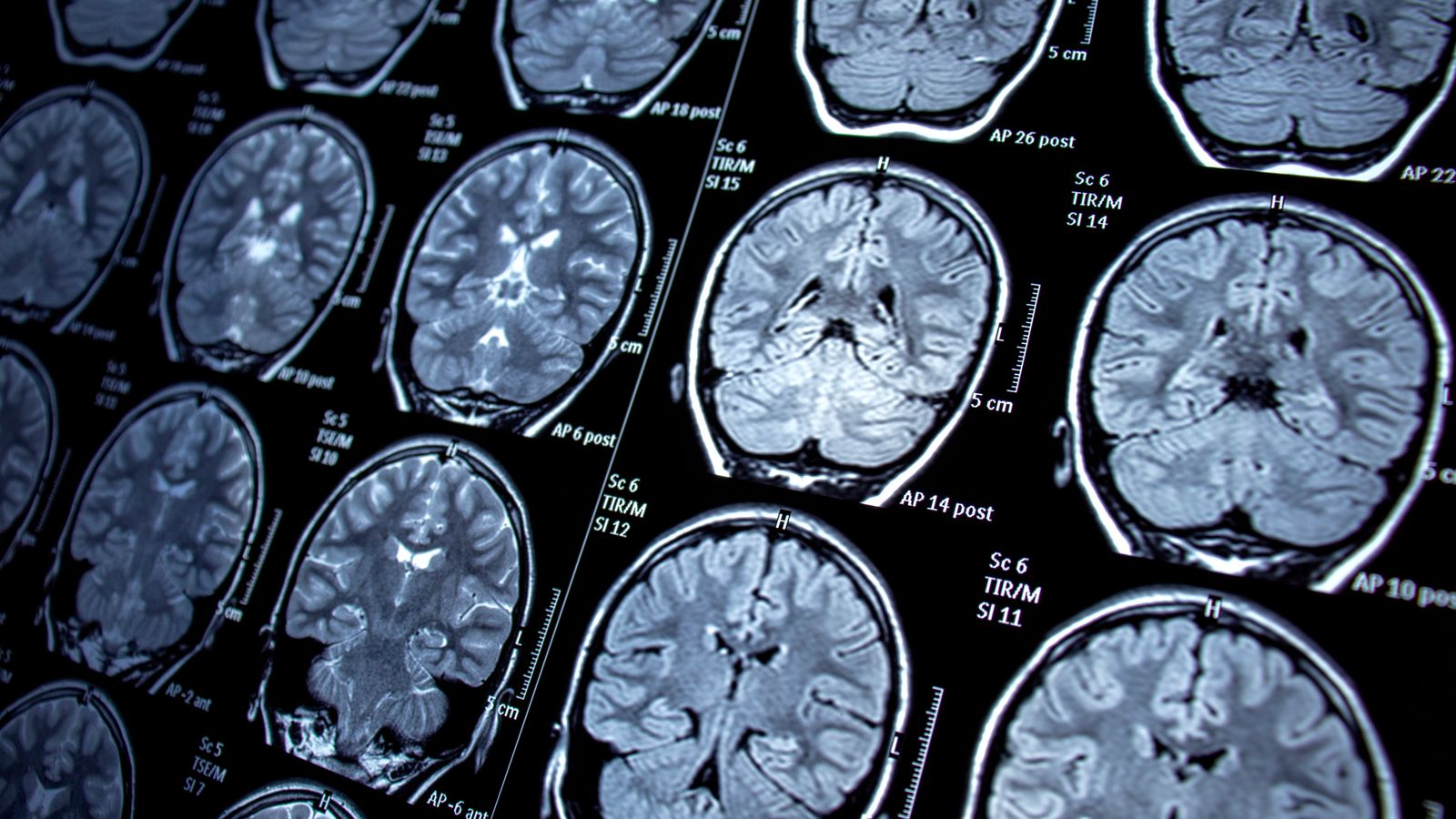Brain fog suffered by those with long COVID could be caused by leaky blood vessels, new research shows.
Scientists hold that catching coronavirus caused disruption in the blood-brain barrier of some victims, which they suggested could cause the cognitive issues seen in those battling the condition,
Researchers from Trinity College Dublin and from research centre FutureNeuro analysed serum and plasma samples from 76 patients who were hospitalised with coronaviurus in March or April 2020, as well as from 25 people before the pandemic.
Their findings, published in Nature Neuroscience, showed that those with long COVID who had leaks in the blood-brain barrier had brain fog, while those without disruption did not.
Matthew Campbell, professor in genetics and head of genetics at Trinity and principal investigator at FutureNeuro, hailed the study for showing a possible cause of the condition.
“For the first time,” he said, “we have been able to show that leaky blood vessels in the human brain, in tandem with a hyperactive immune system, may be the key drivers of brain fog associated with long COVID.
“This is critically important, as understanding the underlying cause of these conditions will allow us to develop targeted therapies for patients in the future.”
COVID Inquiry: ‘Nicola Sturgeon could cry from one eye if she wanted to,’ says Scottish Secretary Alister Jack
COVID inquiry: Five key moments from Nicola Sturgeon’s testimony
COVID inquiry: Nicola Sturgeon admits ‘large part’ of her wishes she wasn’t first minister when pandemic hit
Please use Chrome browser for a more accessible video player
Exclusive:
‘NHS sold out its staff’: Doctors who were devastated by long COVID to sue
Colin Doherty, professor of neurology and head of the school of medicine at Trinity, also praised the study and said that its findings will “now likely change the landscape of how we understand and treat post-viral neurological conditions”.
“It also confirms that the neurological symptoms of long COVID are measurable with real and demonstrable metabolic and vascular changes in the brain,” he added.
In their report, the team noted that “disruption is evident during acute infection and in patients with long COVID with cognitive impairment”, but said that it is unclear how “function is affected in these conditions”.
Please use Chrome browser for a more accessible video player
The British Heart Foundation, citing a University College London study, has noted that blood-vessel leakage into surrounding tissue is common in many inflammatory diseases.
Read more:
How long COVID ruined my life, from crushing fatigue to brain fog
COVID can cause long-term damage to lungs, brain and kidneys, study finds
Those suffering with the condition have reported many different effects, but recurring symptoms such as fatigue, shortness of breath, problems with memory and thinking, and joint and muscle pain have regularly been reported.
Be the first to get Breaking News
Install the Sky News app for free
Any of these symptoms, which last for more than 12 weeks after infection, can be considered long COVID.
As of March last year, an estimated 1.9 million people living in private households in the UK – 2.9% of the population – were experiencing self-reported long COVID, according to the Office of National Statistics.











